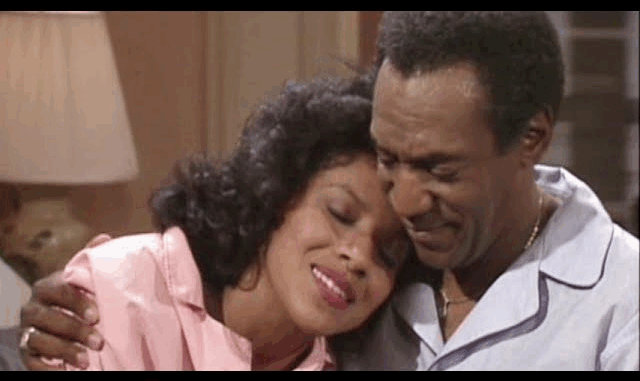
Long before modern hits like Black-ish or The Fresh Prince of Bel-Air captured the spotlight, one sitcom kicked down the doors of prime-time television and rewrote the rules for how America saw itself. That sitcom was The Cosby Show. And while its creator’s legacy has since become a cautionary tale, the show’s revolutionary impact on TV endures to this day.
A Quiet Revolution in Primetime
Debuting in 1984, The Cosby Show seemed simple enough: a comedy about a loving, upper-middle-class Black family living in Brooklyn. But within just a few episodes, it became clear that this wasn’t just another sitcom. It was a revolution—quiet, stylish, and impossible to ignore.
It didn’t preach. It didn’t conform. Instead, it delivered well-crafted comedy with subtle social messages, strong family dynamics, and characters who felt real—intelligent, flawed, and deeply human. In a landscape dominated by white-centric narratives, the Huxtables offered something that had never been seen before: a Black family that looked like success.
Lighting the Way for a New Generation
Without The Cosby Show, it’s hard to imagine The Fresh Prince of Bel-Air, Family Matters, Black-ish, Insecure, or even Abbott Elementary reaching the mainstream. Cliff and Clair Huxtable opened a door that allowed others to walk through.
The show didn’t just change casting decisions—it changed content. Suddenly, networks realized that stories about Black families could not only resonate across demographics, but dominate ratings. The Cosby Show gave voice to a generation of Black storytellers who no longer had to code-switch or downplay their heritage to find a seat at the table.
The Blueprint: Humor, Education, Humanity
Each episode was a masterclass in balance. Comedy was king, but The Cosby Show snuck in serious themes: dyslexia, gender roles, teenage rebellion, and respect for education. Its portrayal of historically Black colleges (through “Hillman College”) led to a surge in Black student enrollment in real life—a phenomenon sociologists still cite.
The show’s ability to entertain while empowering made it a gold standard for family television.
When Legacy Collides with Scandal
But even the strongest foundations can crack.
As the criminal allegations against Bill Cosby emerged—allegations that led to conviction and cultural cancellation—fans and critics were left stunned. Could the show still be celebrated, or had its legacy been permanently stained?
While syndication deals vanished and Cosby’s name was stricken from halls of fame, the conversation shifted: should the work of an entire cast and crew be erased because of one man’s crimes?
The Lasting Echo
Though The Cosby Show is rarely aired today, its influence remains deeply woven into television’s DNA. It taught a generation of writers how to write families with depth. It showed network executives that diversity could be profitable and powerful. And it gave millions of viewers—not just Black viewers—permission to see new versions of themselves on screen.
It is a show we cannot forget, even if we cannot fully embrace it as we once did.